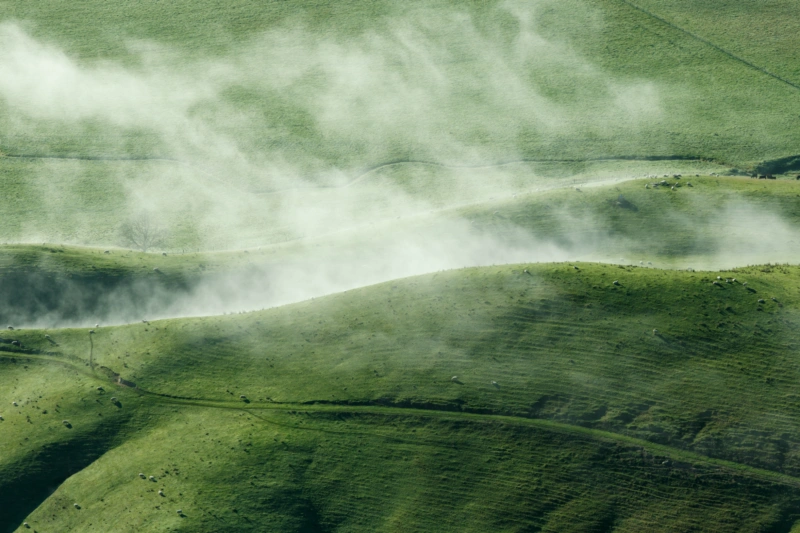Latest updates
Media contact
Are you interested in our latest news or working on a Pāmu story and need to get in touch?
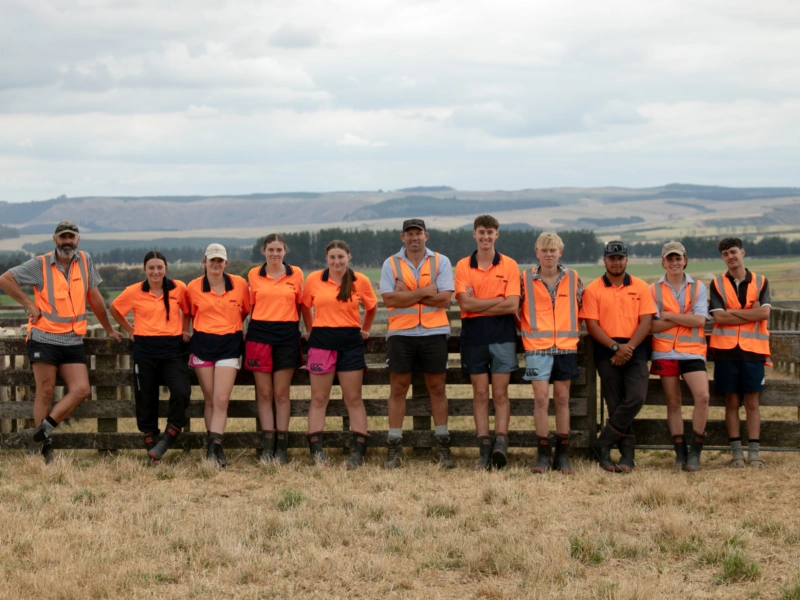
01 Jul 2025
Applications Open for Pāmu 2026 Farming Apprenticeship Scheme
Launch your farming career with Pāmu's January 2026 Apprenticeship Scheme—earn while you learn, gain NZ-recognised qualifications & secure guaranteed employment. Apply by 1 Aug.
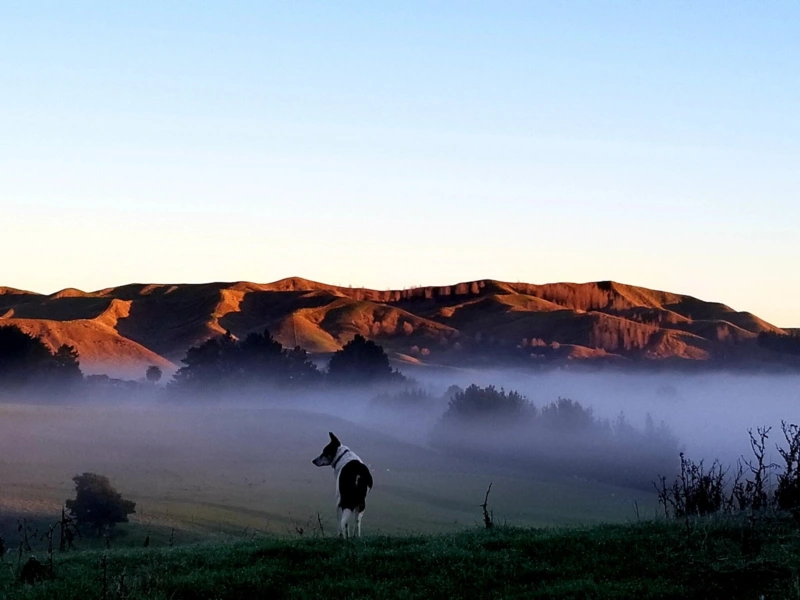
24 Jun 2025
Open Farm Day at Edenham Station
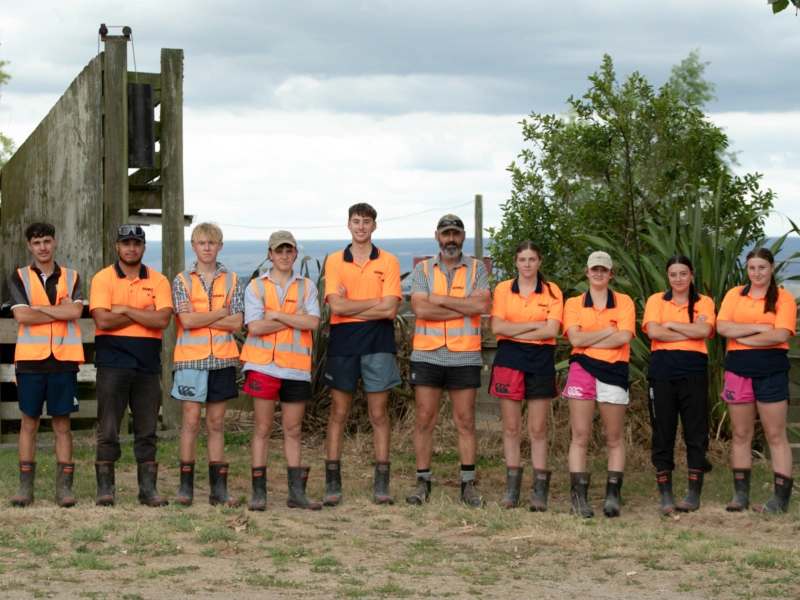
04 Jun 2025
Delivering value to New Zealand
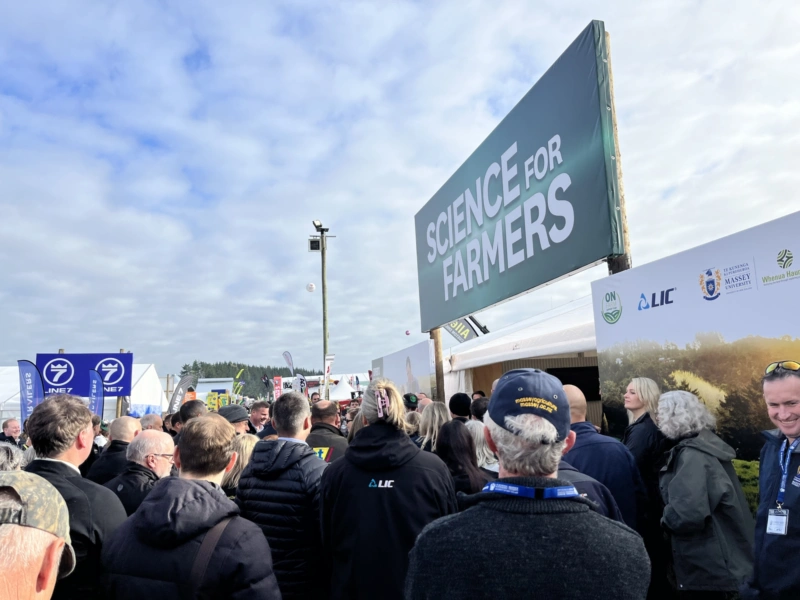
03 Jun 2025
Join Us at Fieldays 2025: Science, Sustainability and Smarter Farming

28 May 2025
Open Farm Day at Rangitāiki Station: Sharing Our Safe and Profitable Farming Journey
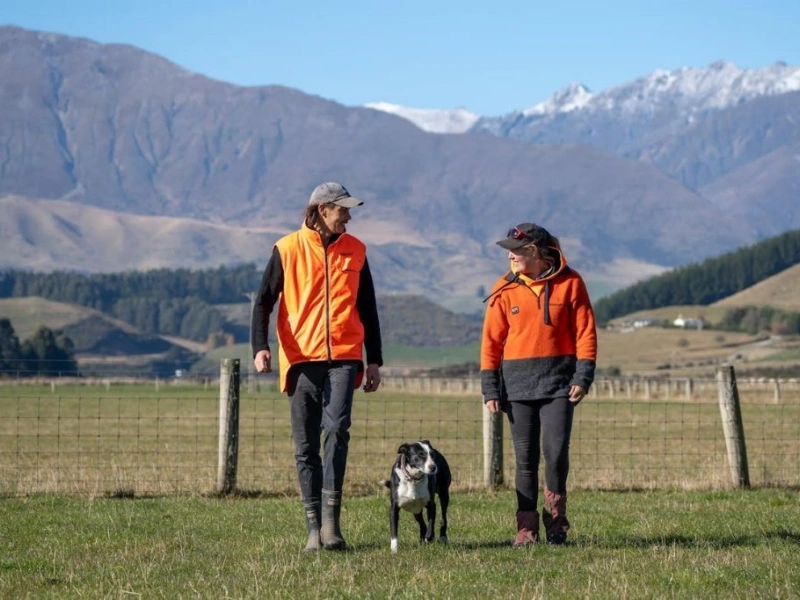
26 May 2025
NZ Farm Dog DNA Study Reveals Top 5 Inherited Health Risks
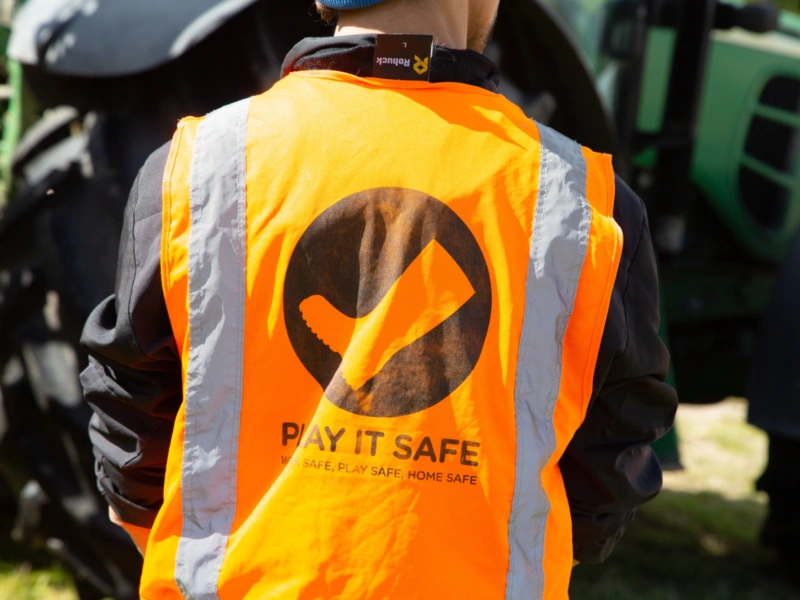
06 May 2025
Safety at the forefront of Rangitāiki Open Day
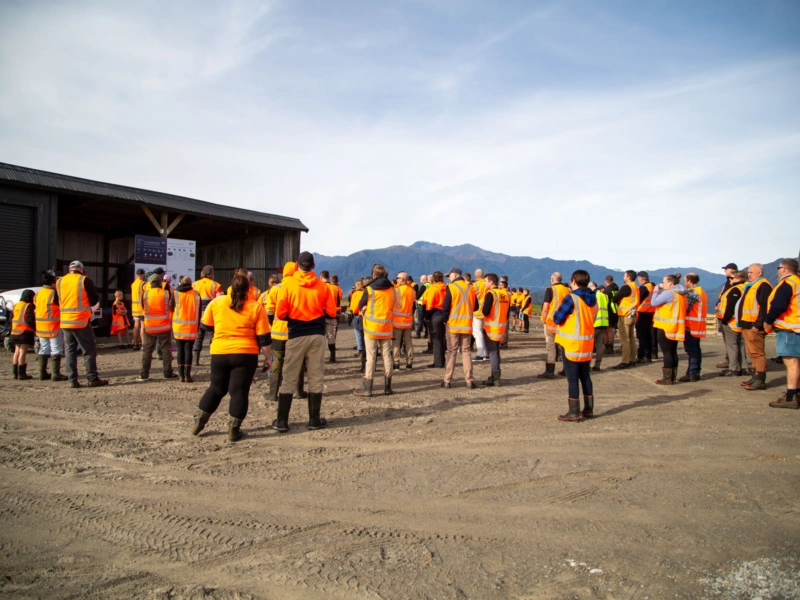
05 May 2025
Pāmu announces Open Farm Days for FY 2025/2026
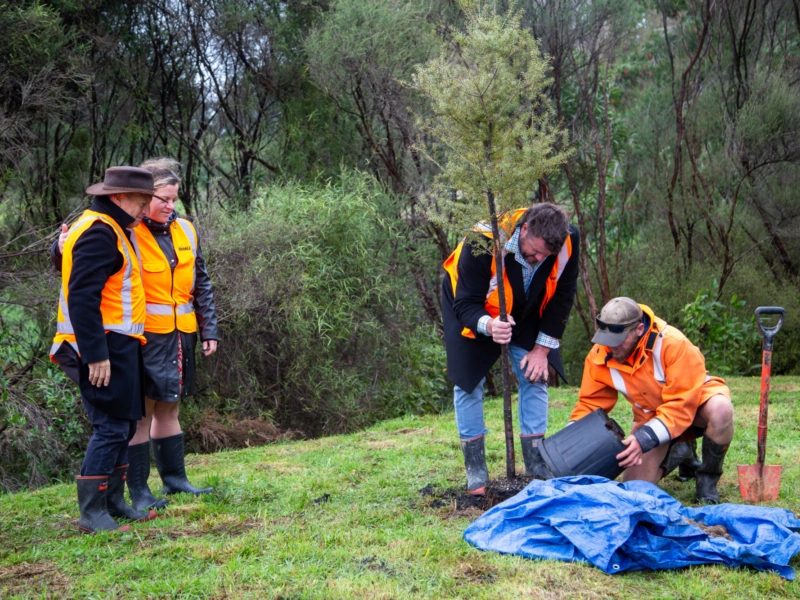
01 May 2025
Pāmu Honours Legacy of Dr Warren Parker with Memorial Covenant and Scholarship for Future Agricultural Leaders
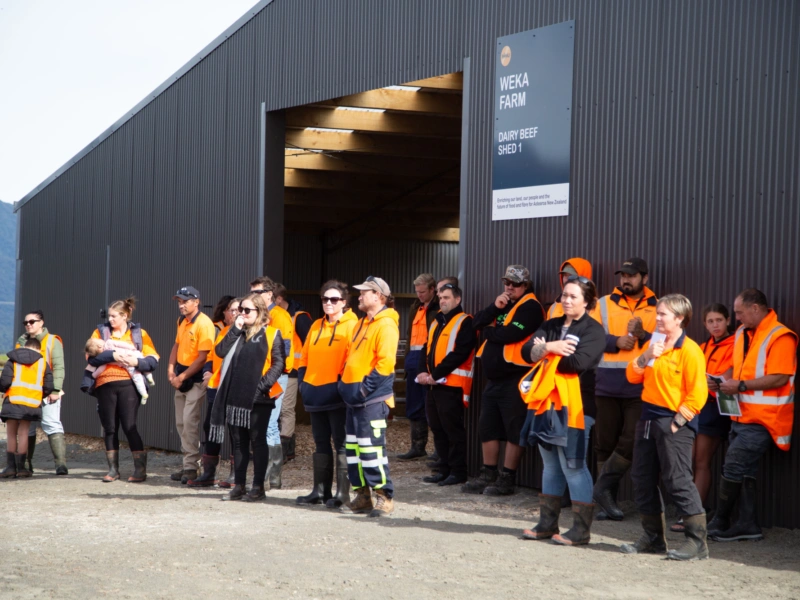
14 Apr 2025
Touring the calf shed conversions at Weka
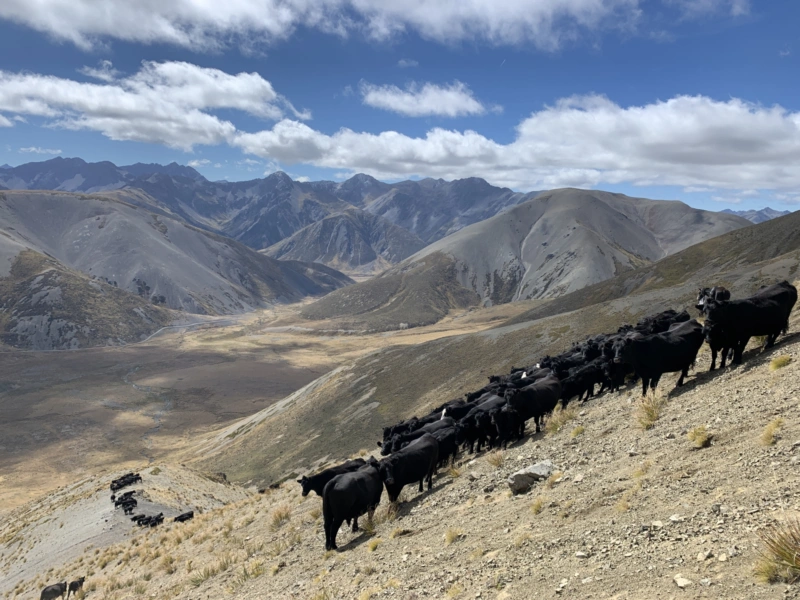
07 Apr 2025
Molesworth Station achieves TB-Free status after 40 years of eradication efforts
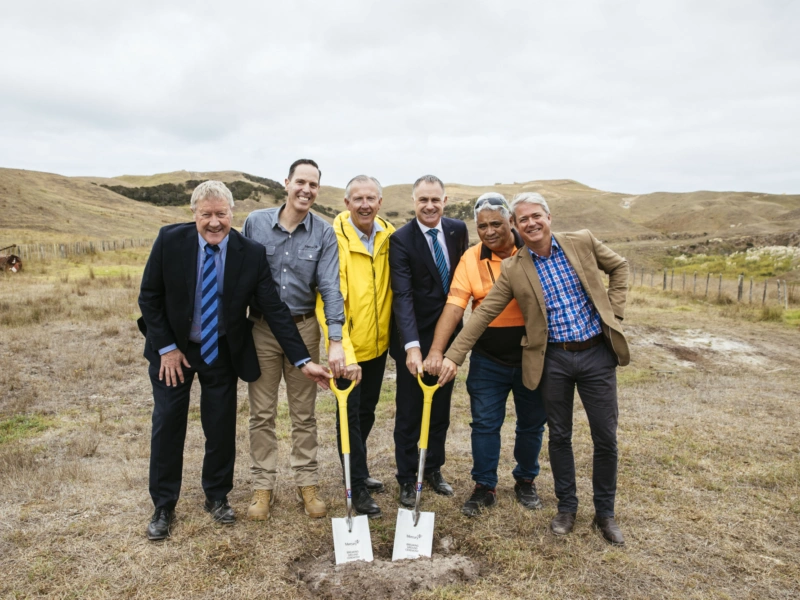
27 Mar 2025
Pāmu partners with Mercury to launch Northland’s first wind farm at Ōmāmari

03 Mar 2025
Pāmu announces half-year result
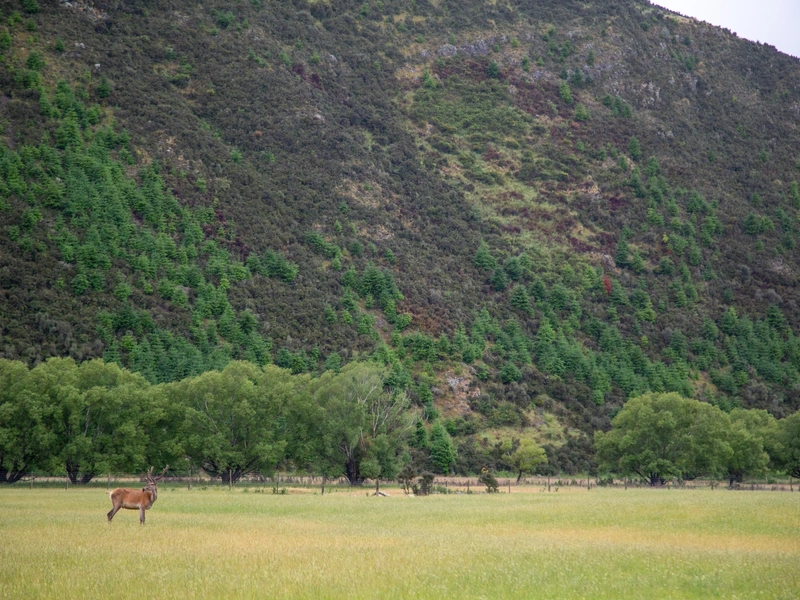
27 Feb 2025
Pāmu takes action on wilding conifers to protect land and future generations
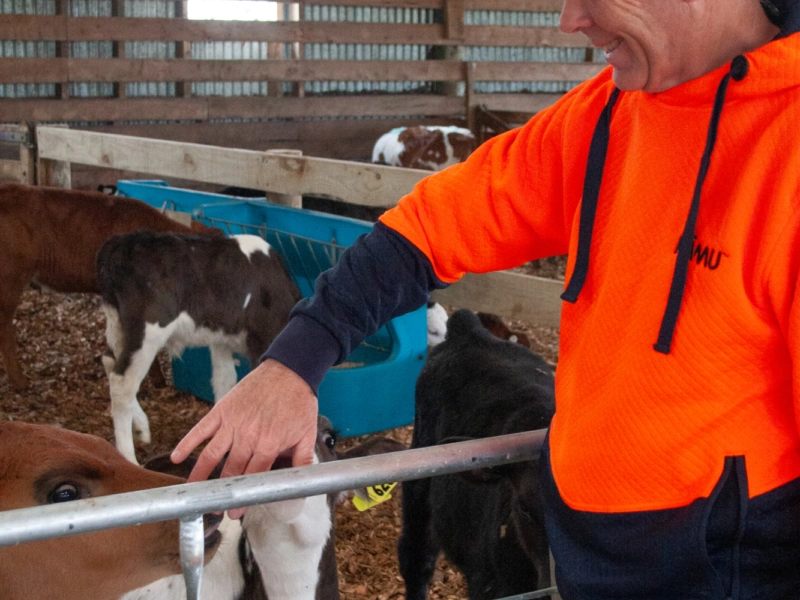
27 Feb 2025
Open Farm Day at Weka to share dairy beef opportunities for farmers
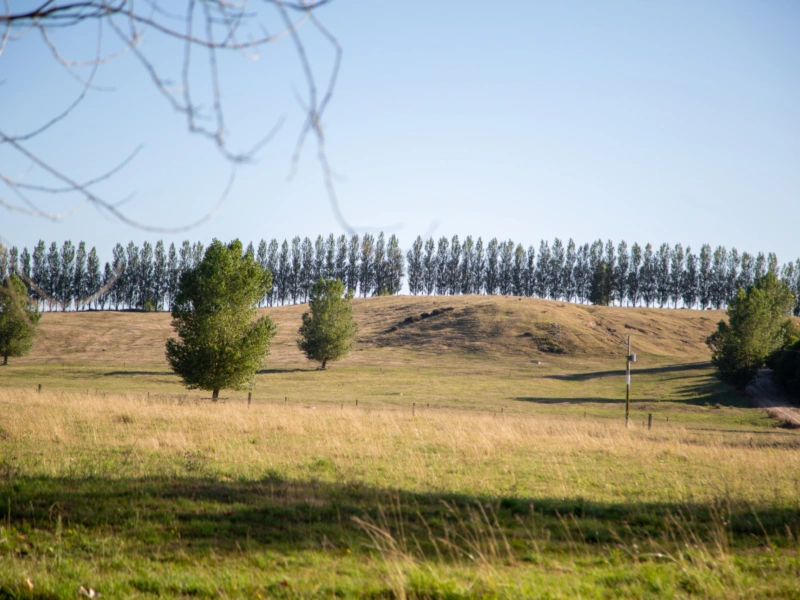
25 Feb 2025
Pāmu opens the gates to townfolk at Pinta
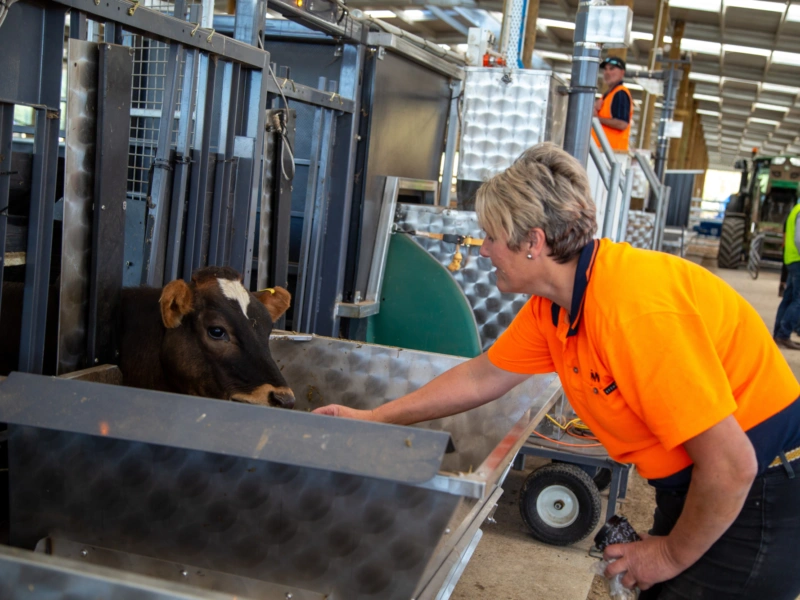
13 Feb 2025
Feed efficiency and methane facility open day
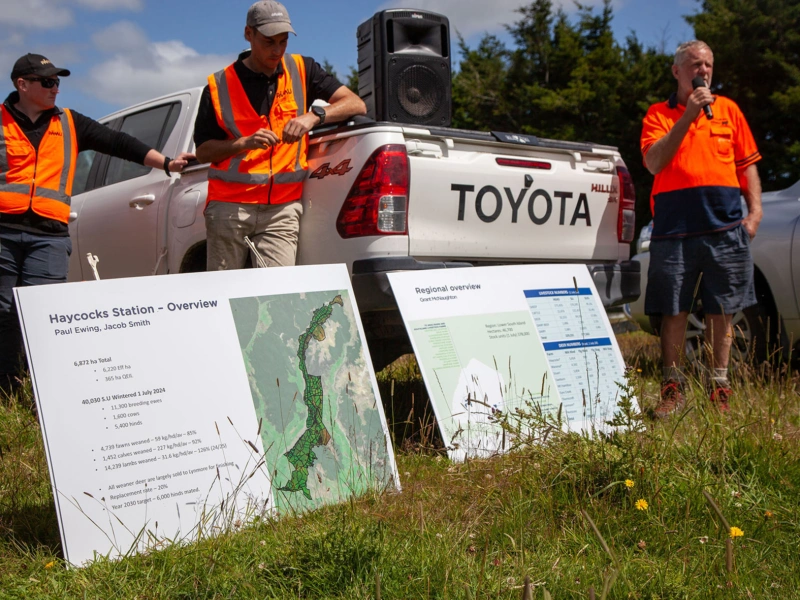
30 Jan 2025
Deer in Te Anau Open Day
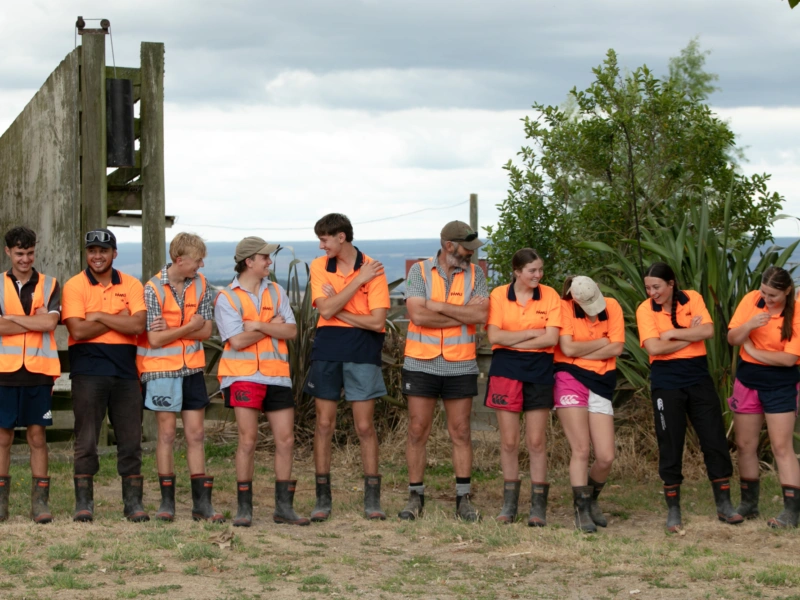
23 Jan 2025
Cultivating agricultural talent - Pāmu Apprenticeship Scheme underway
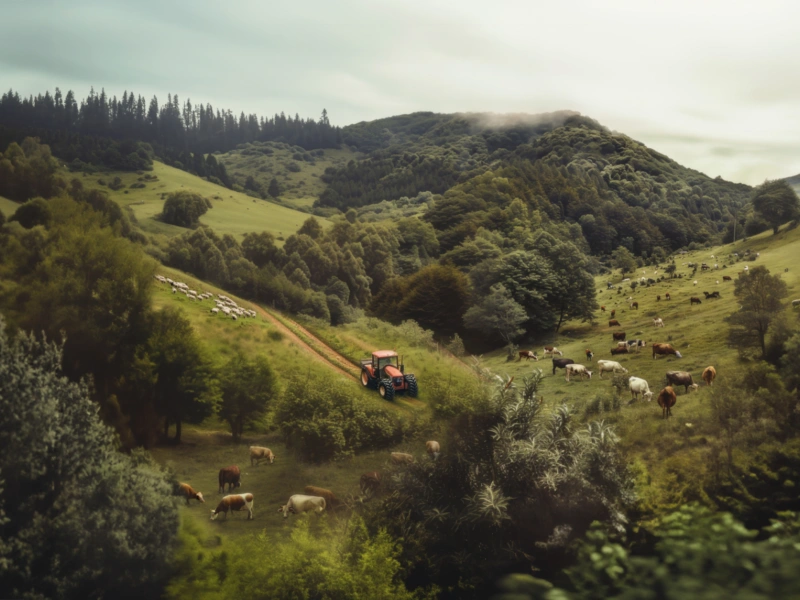
19 Dec 2024
Blending livestock and forestry brings benefits
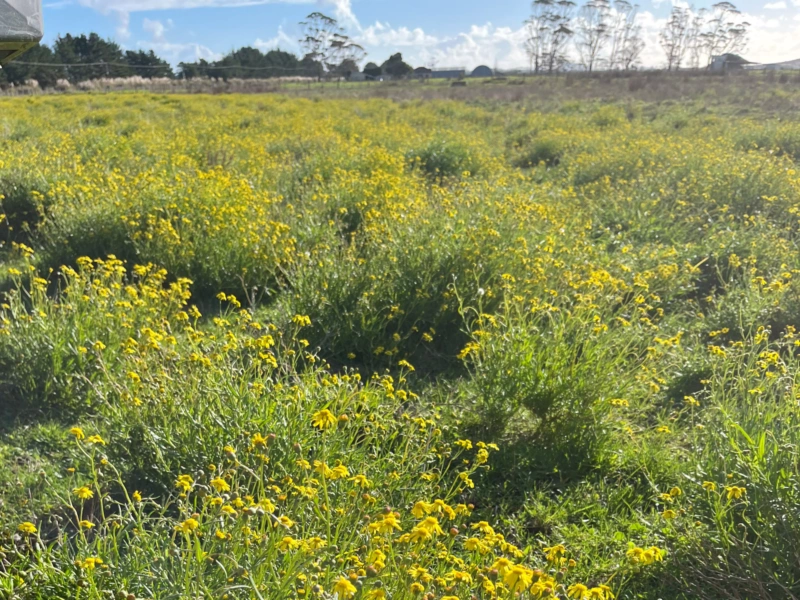
06 Dec 2024
Case study: Battling Madagascar ragwort in Northland
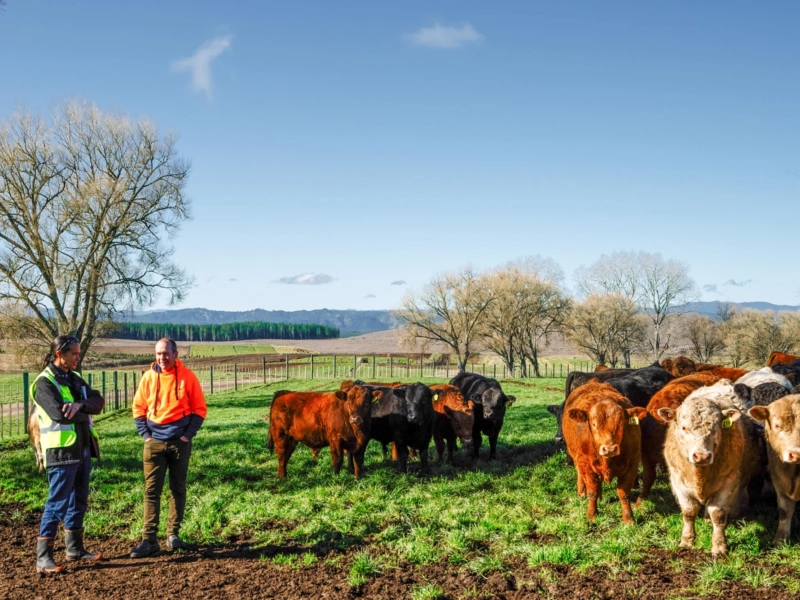
05 Dec 2024
Pāmu and LIC join forces to progress dairy beef farming
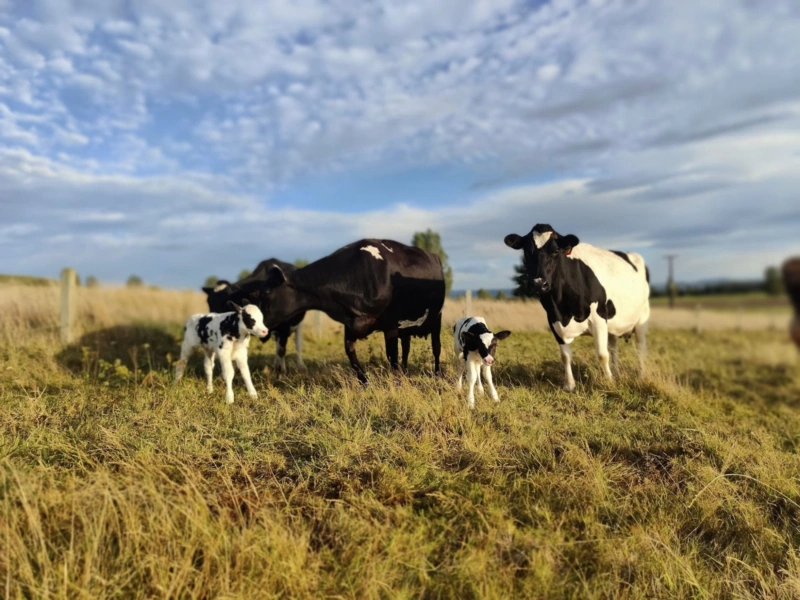
03 Dec 2024
Managing the challenge of drench-resistant parasites at Pāmu
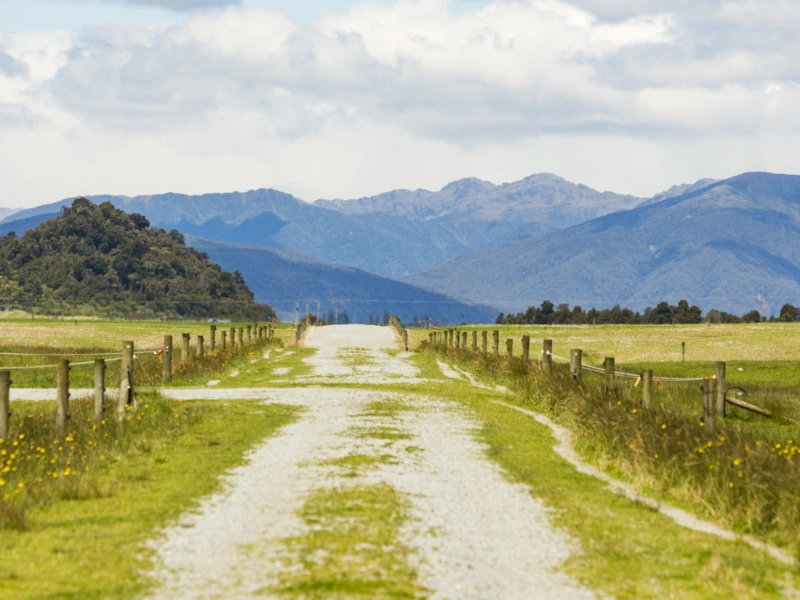
22 Nov 2024
Pāmu lifts forecast earnings
Media contact
Are you interested in our latest news or working on a Pāmu story and need to get in touch?
